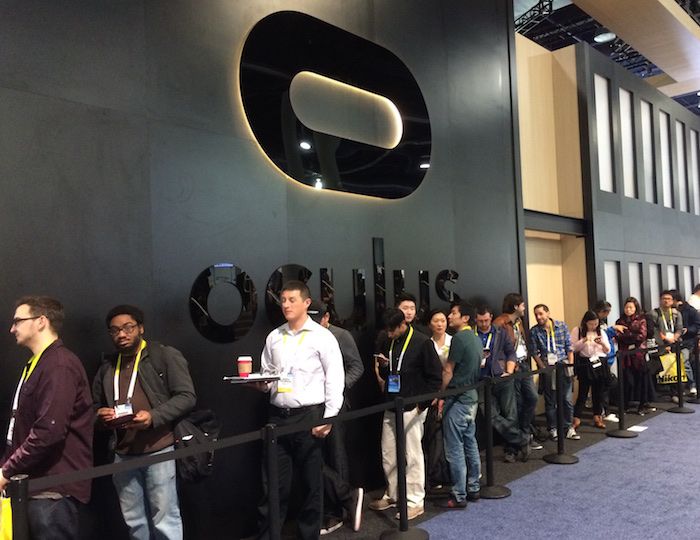Ex-NSA boss says FBI director is wrong on encryption
Encryption protects everyone’s communications, including terrorists. The FBI director wants to undermine that. The ex-NSA director says that’s a terrible idea.
The FBI director wants the keys to your private conversations on your smartphone to keep terrorists from plotting secret attacks.
But on Tuesday, the former head of the U.S. National Security Agency…
Read the full article at CNN Money
http://money.cnn.com/2016/01/13/technology/nsa-michael-hayden-encryption/







